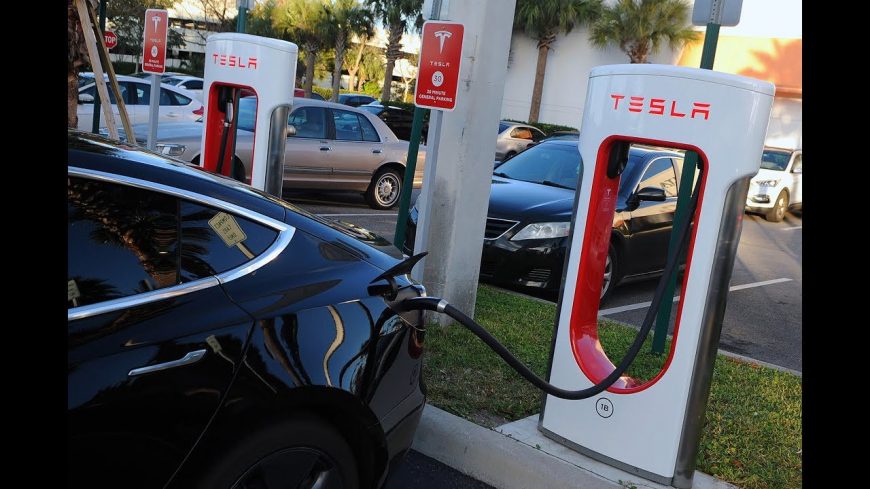One State Might Start Punishing Residents For Owning Electric Vehicles With $1K Annual Registration Fee.

When things rapidly evolve, sometimes, there needs to be a reaction to keep up. However, in response, there are well-thought-out reactions and there are, well, reactive reactions. While certain issues might pressing, picking the first possible option might not always be the best course of action. An immediate response to something as important as the future of transportation could end up getting catastrophic in a hurry.
It seems like, in the state of Illinois, there are talks to hop into an early adopted solution for one of the problems caused by the emerging electric vehicle market. As it turns out, electric cars aren’t all sunshine and rainbows. Yes, they do create quite the upside in a variety of ways. However, when it comes to money, there might be some areas in the economy with sizable holes left behind. For example, in many geographical areas, taxes on gasoline might be the method of paying for different community features.
Because of this, obviously, that gap has to be filled when more electric vehicles some around. In order to satisfy this situation, an Illinois government proposal has been seen as a bit controversial. Instead of moving revenue from another sector, it seems like the state is doubling down on the transportation industry. With this new proposal, The Chicago Tribune tells us that the cost to register an electric vehicle will go from $17.50 to $1000 per year. It’s not difficult to see why there is strong opposition to this thought.
The proposal also recommends a hike to the gas tax. They really look to be spreading out the taxation to a variety of groups.
The Chicago Tribune quoted Rivian spokesperson, Michael McHale, as he shared his thoughts. McHale said, “Imposing fees on EVs that are over 400 percent more than their gasoline-powered counterparts is not only unfair, it discourages promising new technology that will reduce our dependence on petroleum, reduce emissions, and promote the Illinois economy.”
The article does point out that there is still a $7,500 federal tax incentive for some electric cars. However, once 200,000 EVs have been delivered by a manufacturer, that’s cut in half. They go on to tell us that the tax incentive for the most popular EV brand, Tesla, is down to $1,875 per car.
When taking a look at the grand scheme of things, it certainly seems like a concept such as this one could call for some backward progress. After all, the electric vehicle market is attempting to take a stab at bettering the environment. It also looks at making transportation more affordable. However, much of our infrastructure is built on revenue from fossil fuels. It’s definitely a complex problem that we think needs a more complex solution.

